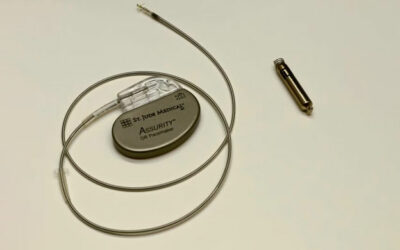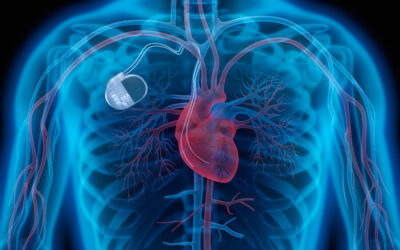You have been wearing your pacemaker or defibrillator for a long time, during the controls you are told that it is “inconspicuous”. Nevertheless, you feel increasingly worse, and you wonder whether the pacemaker is still sufficient in terms of functions, or whether an extension (so-called upgrade) is necessary? Or the battery replacement is coming soon, and you wonder whether you still need the device at all?
In the ongoing checks, it is increasingly important to check whether the implanted device is still sufficient. Or, whether you still need the defibrillator, and a battery replacement has more advantages or disadvantages.
Important questions should be meticulously addressed during checkups:
- Have your treatment goals changed?
- So far there has been no surge from your defibrillator, do you still need the ICD?
- How have you been doing with the pacemaker/defibrillator so far?
Have your treatment goals changed?
Many things may have changed since your pacemaker/defibrillator was first placed. The heart failure may have progressed? Have concomitant diseases been added due to the permanent use and stimulation of the ventricle? Your personal attitude or symptoms may also be different now than they were then.
So far, there has been no surge from your defibrillator, do you still need the ICD?
A defibrillator is only active in an emergency. It is impossible to foresee who will have such an emergency and need the shock. In addition, your defibrillator has a function that can prevent arrhythmias before the shock starts (ATP, anti-tachycardic pacing). Most of the time, this function goes unnoticed. Have you had your life saved on more than one occasion and not noticed?
If you wear a defibrillator that is directly connected to your heart, as opposed to a subcutaneous defibrillator (just under the skin), it can also protect you from a slow pulse. In most cases, defibrillators have an integrated pacing function.
How have you been doing with the pacemaker/defibrillator so far?
It is comforting to know that you are protected from an emergency should your heart become too slow (pacemaker), or even life-threatening arrhythmias occur (defibrillator). However, some people find it emotionally stressful to live with a device in their body. Would you rather die of a sudden heart attack than live permanently with severe heart problems?
This kind of consultation and listening to your concerns and wishes, and especially the monitoring of the heart function, is a special concern of mine. Because it is precisely the responsiveness to you as a patient, the explanation of what other advantages your device brings you, and how you can be better helped, that often falls by the wayside in the time-restricted clinical area. I take time for you and together with you I find the right way to improve your quality of life.




